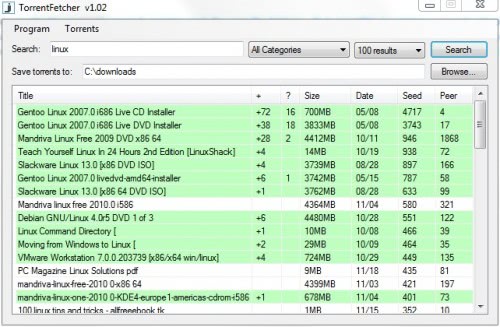I found this article by searching the TAMU Library database for ‘plagiarism in education’ under the articles tab. This article is by Michael Heberling, who is the president of Baker College Center for Graduate Studies. This article is about plagiarism, specifically about plagiarism in online education.
This article starts with a little history and background information on plagiarism. It talks about some contributing factors of why students choose to plagiarize, such as laziness. It shares different ways that students can cheat or plagiarize in the classroom such as cutting and pasting passages found online. Then the author writes about different ways of catching students who are suspected of plagiarism. He brings up reverse internet searches using google, as well as websites that detect plagiarism for you. A few of these are turnitin.com, plagiserve.com, IntegriGuard, and EduTie. Heberling comments on digital paper mills, which are companies that provide papers to students for a fee.
The articles main points are that there are tools to fight plagiarism, which should be used to maintain academic integrity. The author concludes that there are many ways to cheat in an online class, as well as a traditional one, and that although plagiarism cannot be gotten rid of completely, it can and should be fought.






